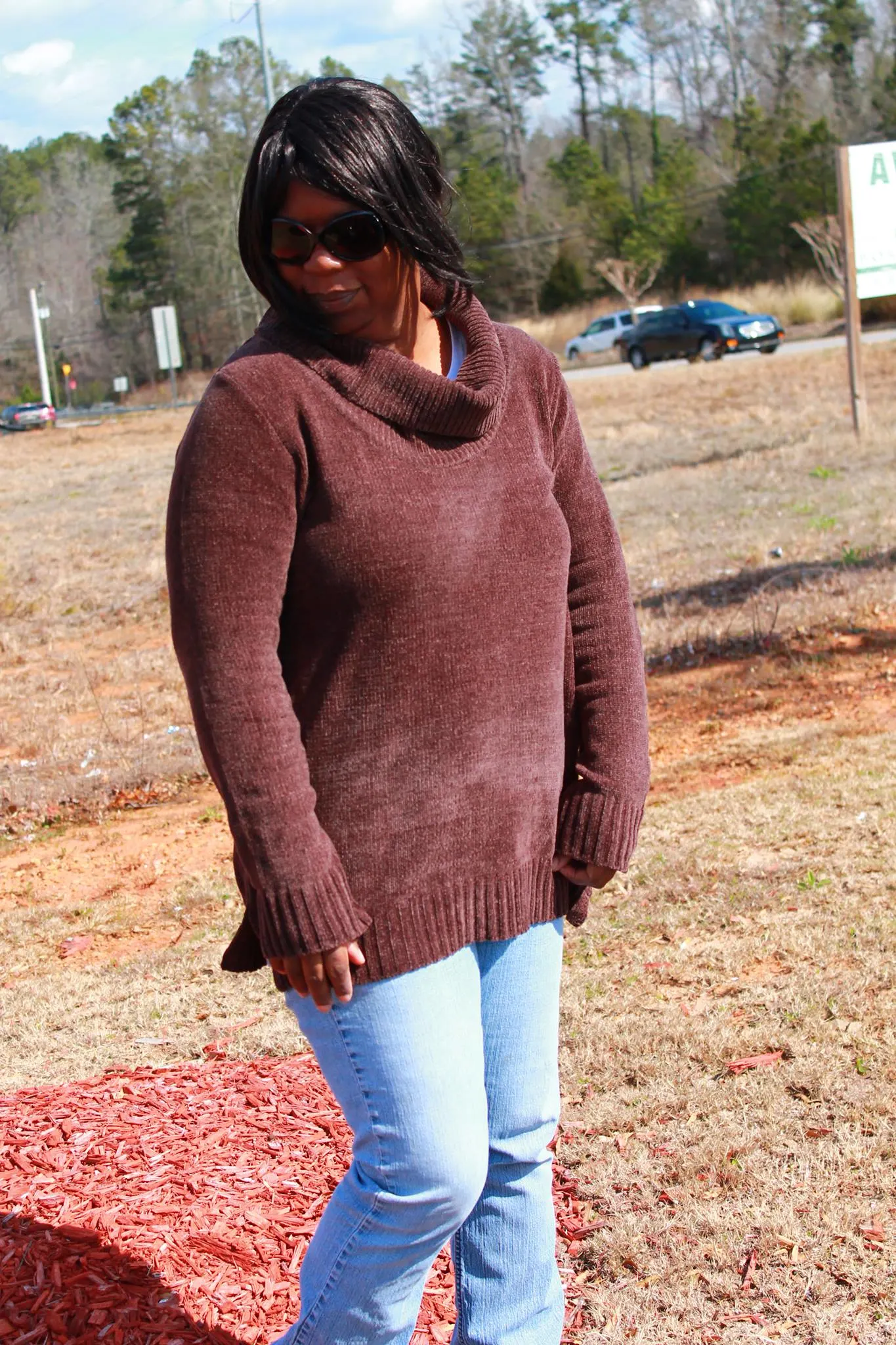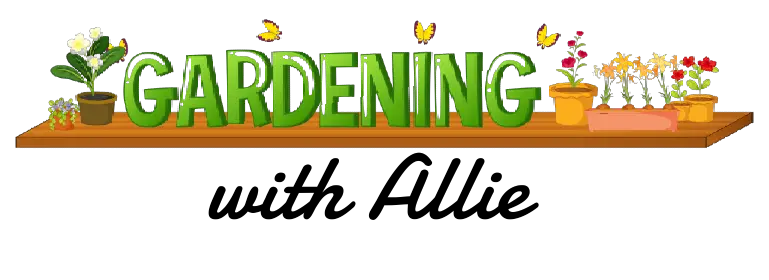A local farmers’ market trip got you the most delicious pepper you have ever tasted. Now, you want to grow that pepper plant in your own garden. You know you can harvest the seeds from a fresh pepper, but oh no! You had placed the pepper in the refrigerator once you got it home. Are the seeds ruined? Can you grow peppers from seeds that have been refrigerated?
Yes, you can grow peppers from seeds that have been refrigerated. If you had stored your pepper in the freezer or anyplace that dropped below freezing, your pepper seeds may not be viable. Peppers that were cooked also do not have viable seeds.
But if you are wondering about a refrigerated pepper, yes, you can save the seeds and will most likely get a few pepper plants as long as the pepper is ripe. Read on to learn about saving seeds from pepper plants, how to grow them, and tips for delectable peppers all season long!

How Do I Save Pepper Seeds
Peppers are some of the easiest vegetables to grow from seed. Whether you got your pepper from the local farmers’ market, a friend’s garden, or even a supermarket, you can harvest and plant the seeds to grow your own pepper plant! Yum! Who doesn’t love the crunch of a fresh pepper?
There are a few things to keep in mind when planning on saving seeds from peppers that will increase your chances for a great growing season.
Ripe Peppers Produce Better Seeds
To ensure that the seeds are mature enough to grow, you must be sure that your pepper is ripe or even past ripe. For example, green, orange, yellow, and red bell peppers are all the same pepper, just at different stages of readiness. Seeds planted from a green bell pepper most likely are not mature enough to produce their own plants.
Luckily, you can ripen most peppers off the vine and right on your counter. Planting seeds from a green pepper could still produce viable seeds, though, so it is worth trying! Know what the ripe version of your pepper variety looks like to help set yourself up for success.
Supermarket Bought Pepper Seeds May Produce A Hybrid Pepper
That delicious spicy habanero pepper you brought home from the supermarket may have cross-pollinated with the jalapeño peppers across the aisle. Peppers bought at a supermarket may cross-pollinate with other peppers due to the close proximity.
Luckily, you won’t see hybrid peppers with your first round of harvested seeds. If you were to save those pepper seeds for the following season, you would begin to see a hybrid pepper plant, which could mutate more with each season. Eventually, if you continue to save and replant your seeds, the characteristics will stabilize, and you will have your own unique pepper plant!
You Can Grow Peppers From Fresh Seeds
You do not need to dry the seeds harvested from your pepper before planting. In fact, you can cut the seeds from your fresh pepper and plant them directly in the soil. See how easy it is? Check below to see what you should do to help nurture a healthy and happy pepper plant from seed to pepper.
You Can Save Pepper Seeds For Up To 5 Years
However, if you truly want to save seeds properly, you should harvest them with more care. Pepper seeds need to be planted at the proper time to ensure they are mature enough for the summer heat. Experienced gardeners recommend placing the seeds in a paper towel for up to a week to dry.
After they have dried, place your seeds in a ziplock bag and store them out of direct sunlight. A cool, dry place like a cabinet makes a great option for storage. Pepper seeds do begin to lose their viability after five years, but you could still get a few sprouts out of them even after that time frame.

How Do I Grow Peppers From Seeds
Now that you have the seeds, what do you do with them? How do you grow peppers? Luckily, peppers are some of the easiest vegetables to grow from seed, so even inexperienced gardeners can feel confident in their crops. Below find out how easy it is to grow and care for your pepper plants.
Start Your Pepper Plants Inside
Start your seeds inside in small pots of fresh soil in January or February. Peppers have a long growth time, so it is important to start them early to ensure they are in maturity once the summer heat hits. Place your seeds in a south-facing window or use a grow light to ensure they get enough light. You will want to be sure to water the seedlings frequently to allow germination to occur.
Transfer Your Pepper Plants
Once the weather is appropriate, you can move your baby pepper plants to their new home. If you are growing them in a pot, go ahead and transfer them. If you are planting them in-ground, do not plant them without allowing them to adjust to the outside weather.
Bring your plants outside for a few hours, increasing each day to allow your pepper plant to “harden” or get used to the outside world. This makes transfer a lot less stressful for the plants.
Caring For Your Pepper Plants
Keep your peppers watered thoroughly. Potted pepper plants need to be watered daily, and you should water in-ground plants twice a week. Pepper plants love heat and humidity. Ensure they have at least 6-9 hours of sunshine a day for the best yield.
Once your plants are established (about two weeks after transfer), you can fertilize them every two weeks with an appropriate fertilizer. You can find a good fertilizer at your local garden center. Be sure to thoroughly read the instructions for proper mixing and execution to avoid over-fertilizing your plant. Over-fertilizing can cause the plant to go into shock and die.
Final Thoughts
Saving seeds from purchased peppers is simple, efficient, and exciting. It is possible to harvest and plant seeds from your favorite supermarket pepper and grow them in your own garden next season! Be sure that the pepper is ripe so the seeds are viable.
Pepper seeds can be planted fresh from the pepper itself or stored in a dark cabinet. Be sure to plant your seedlings in fresh soil and provide ample water and sunlight during the growing period. You can even save the seeds from your crop to regrow season after season!

Hi there, my name is Allie and welcome to my blog; GareningWithAllie!
Much of what you see written here is just our personal experiences with gardening. Along with the content I write here, there is also a unique collection of gardening topics covered by some of our close friends. I hope you find everything you read here to be helpful, informative, and something that can make your gardening journey the most lovely experience ever! With that said, Happy Gardening!
